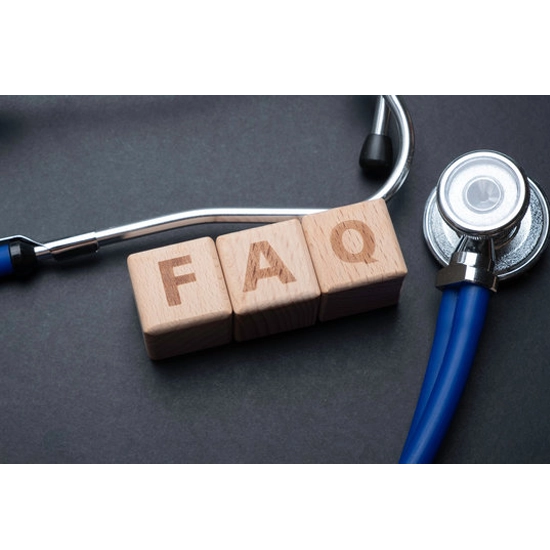.webp)
Book Heparin Induced Thrombocytopenia (HIT) Appointment Online Near me at the best price in Delhi/NCR from Ganesh Diagnostic. NABL & NABH Accredited Diagnostic centre and Pathology lab in Delhi offering a wide range of Radiology & Pathology tests. Get Free Ambulance & Free Home Sample collection. 24X7 Hour Open. Call Now at 011-47-444-444 to Book your Heparin Induced Thrombocytopenia (HIT) at 50% Discount.
Immune-mediated thrombocytopenia caused by heparin (HIT) can have serious, life-threatening side effects. Bleeding is uncommon despite thrombocytopenia; instead, HIT is closely linked to thromboembolic consequences.
HIT may be suggested by new blood clot development symptoms. Deep vein thrombosis is characterized by pain or tenderness, abrupt swelling, discolouration, clearly big veins, and warm-to-the-touch skin.
The first step in treating HIT is to stop using any heparin products, including catheters and flushes. However, stopping heparin use alone is frequently insufficient to stop thrombosis.
Heparin's direct impact on platelet activation causes type 1 HIT, a non-immune condition. Type 2 HIT is an immune-mediated illness with life- and limb-threatening thrombotic consequences that commonly appears 4–10 days after exposure to heparin.
Type I occurs in 10 to 20% of patients who receive heparin, but type II only happens in 1 to 3% of people who receive heparin.
HIT can be diagnosed using the following criteria: normal platelet count prior to starting
Testing and Diagnose
If you have HIT, blood testing can reveal this. Blood testing assess: Your platelet counts indicate if you have thrombocytopenia or low platelets. Blood testing can reveal whether or not your blood is clotting.
The DTI argatroban (Acova) has been given the green light by the US Food and Drug Administration (FDA) for the prevention and treatment of thrombosis in HIT patients.
If you take heparin, your healthcare provider will monitor your blood cell count. Decreased platelet counts could indicate HIT.
Some signs could be:
At the injection site where you received the heparin, you can also experience discomfort, soreness, or a rash.
If any of these symptoms apply to you while you are taking heparin, get emergency medical help right once.
Heparin's interaction with the platelet protein PF4 causes HIT. A complex is created when heparin and PF4 are combined. Heparin-PF4 is the name of the complex's component elements (heparin and PF4). Your immune system produces antibodies in response to the presence of heparin-PF4. Heparin-PF4 is bound by these antibodies. Your platelets begin to coagulate as soon as the antibodies attach.
More PF4 is released by the clotting platelets, starting a domino effect. In other words, additional heparin binds to the newly released PF4 to form more heparin-PF4. Heparin-PF4 is bound by antibodies, which leads to more coagulation and so forth.
Your platelets are depleted during the entire clotting process. Your platelet levels decrease as a result. Large, potentially fatal blood clots that obstruct your veins and arteries can result from all the clotting.
| Test Type | Heparin Induced Thrombocytopenia (HIT) |
| Includes | Heparin Induced Thrombocytopenia (HIT) (Pathology Test) |
| Preparation | |
| Reporting | Within 24 hours* |
| Test Price |
₹ 7750
|

Early check ups are always better than delayed ones. Safety, precaution & care is depicted from the several health checkups. Here, we present simple & comprehensive health packages for any kind of testing to ensure the early prescribed treatment to safeguard your health.